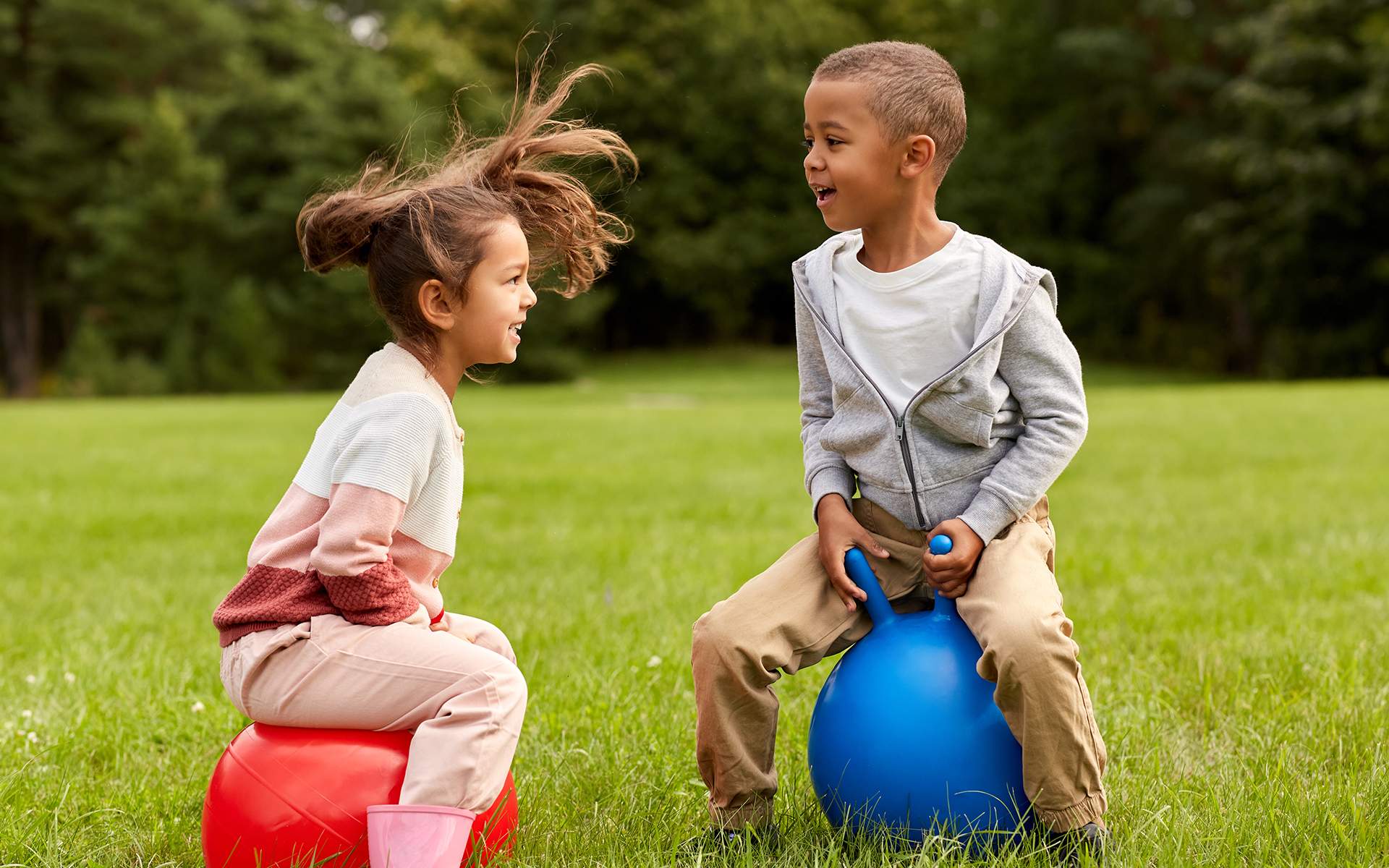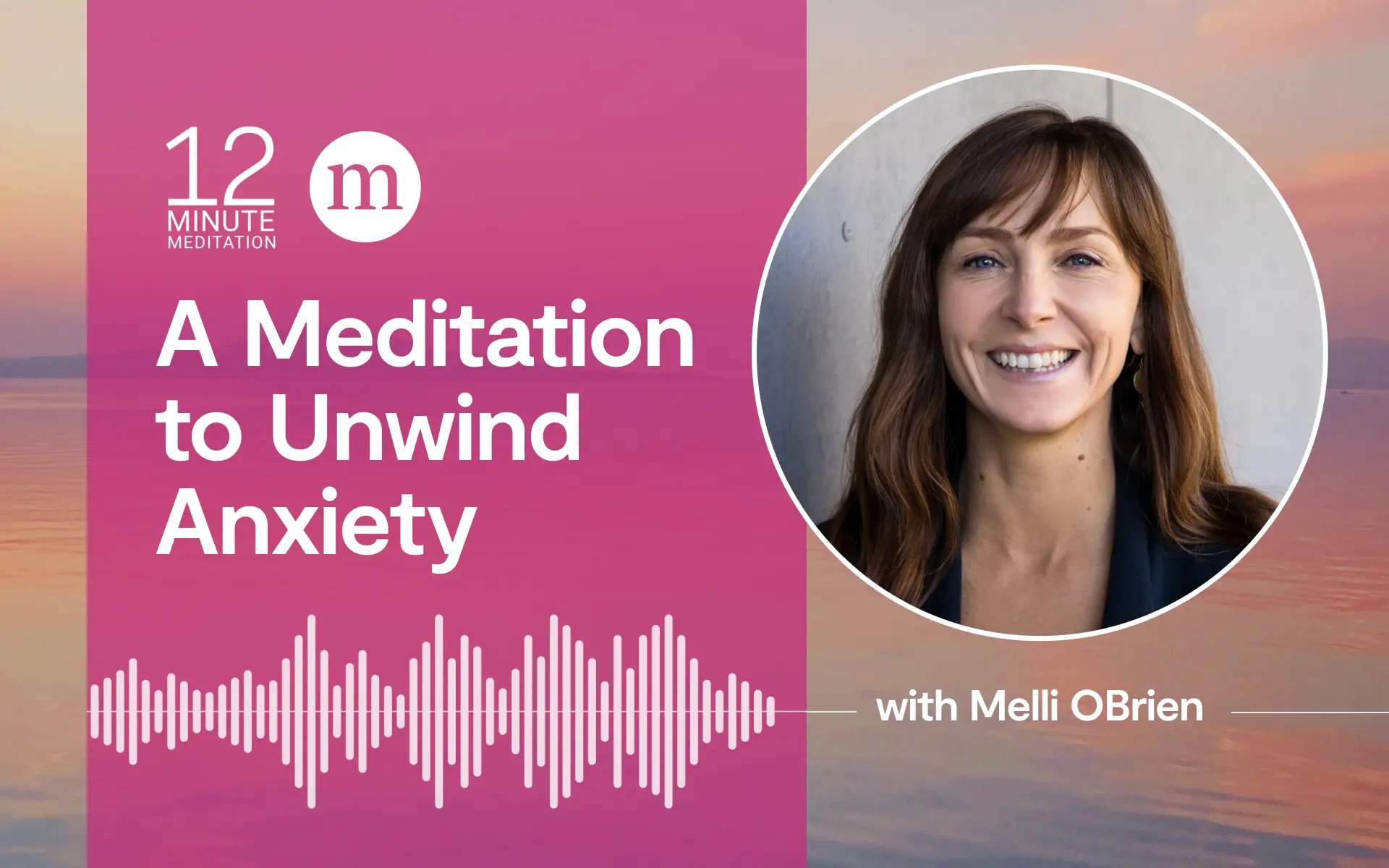Mindfulness meditation may reduce anxiety symptoms as effectively as a common medication, research out of Georgetown Medical Center finds. In the study, 276 adults diagnosed with an anxiety disorder but not yet treated were randomly assigned to either a mindfulness group or a medication group. Mindfulness group participants attended an eight-week Mindfulness-Based Stress Reduction course that required 45 minutes of daily meditation and one 2.5-hour class per week. Those in the medication group received 10 to 20 mg of escitalopram, a generic form of Lexapro commonly used to treat anxiety and depression. 208 individuals (102 in the mindfulness group, 106 in the medication group) completed the study. After eight weeks, both groups reported a comparable decline in anxiety symptoms. While further studies are needed, researchers hope that this will give adults managing anxiety alternative treatment options in addition to medication and psychotherapy.
New Perspectives
A pilot study led by researchers at the University of St. Andrews in Scotland explored whether online mindfulness instruction might benefit 55 university students who had a history of depression, but were not currently experiencing depressive symptoms. Individuals were assigned to either a mindfulness group or a waitlist control group and completed a mental health assessment prior to beginning the program, and again about 10 weeks later. Both groups received information regarding mental health resources on campus and in their communities.
The mindfulness group was asked to participate in a self-guided eight-week, web-based Mindfulness-Based Stress Reduction program. Content included sitting meditation, yoga, working with difficult emotions, guided visualization, and loving-kindness meditation. In addition to formal meditation, students were encouraged to practice mindfulness during their daily activities.
People experiencing depression often report feeling more negative emotions and fewer positive emotions when thinking about the past. To see if the program affected how they related to prior experiences, the mindfulness group also recorded their autobiographical memories in a structured diary for up to five days. They then immediately rated their use of the emotion regulation strategies they’d used (such as reappraisal, reflection, and non-reactivity) while recalling the event. Control group members received no instruction during the study and were given access to the mindfulness program after completing the follow-up assessment.
After eight weeks members of the mindfulness group reported an increased ability to regulate their emotions and reappraise past events, and less reactivity. Those who engaged in the mindfulness program for at least four weeks also noted greater use of emotion regulation skills and fewer symptoms of depression compared to the control group. Although these findings are encouraging, many students in the mindfulness group had little interaction with the program, suggesting that time-intensive interventions may not be feasible for college students.
Resilient Kids
Researchers at the Massachusetts Institute of Technology examined whether a higher level of dispositional mindfulness is linked to lower levels of stress, anxiety, depression and negative mood, and fewer COVID-19 related impacts. They asked 163 children between the ages of 8 and 10 to respond to questions that were read aloud to them over a Zoom call about their mental health and well-being. Results showed that greater child mindfulness was correlated with fewer symptoms of mental health challenges, suggesting that a mindful disposition may buffer children from negative pandemic-related emotional impacts.
read more
A Recent Study Reveals Mindfulness is Comparable to Popular Drug for Treating Anxiety
Mindfulness-based stress reduction is just as effective as a gold-standard antidepressant for the treatment of anxiety, and comes with fewer side effects.
Read More
New Research on Managing Stress Together in the Workplace
When it comes to workplace well-being and stress, mindfulness can go beyond the individual level. Research suggests that strengthening clear, vulnerable communication and working from the knowledge that we’re in this together can help transform the way we work.
Read More









